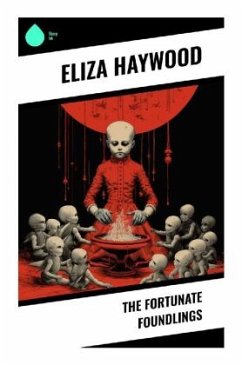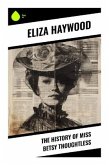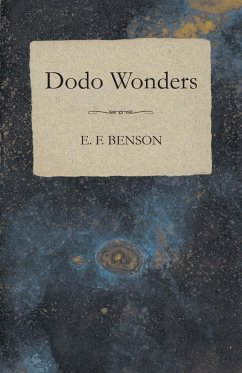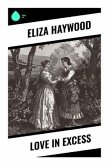Eliza Haywood's "The Fortunate Foundlings" is a compelling narrative that intricately weaves themes of fortune, identity, and social status in early 18th-century England. Written in a vibrant prose style characteristic of the period's sentimental literature, Haywood deftly employs a blend of melodrama and romance to explore the lives of two foundlings who navigate societal constraints. This book reflects the burgeoning interest in the complexities of individual agency against a backdrop of class distinctions, encapsulating the zeitgeist of the era while also engaging with the moral dilemmas of orphaned children seeking belonging and love. Eliza Haywood, a significant figure in the early development of the English novel, drew from her diverse experiences as a playwright, novelist, and actress. Her own tumultuous life in a patriarchal society imbued her works with a unique perspective on women's rights and agency. Haywood's keen observations of societal norms and attitudes toward gender and class inform the richly developed characters in "The Fortunate Foundlings," allowing her to critique and celebrate human resilience and compassion. Readers seeking both an engaging story and a thoughtful exploration of moral complexities will find "The Fortunate Foundlings" to be an enriching experience. Haywood's masterful storytelling invites readers to ponder the nature of fortune and the intricate webs of human connection, making this novel a must-read for anyone interested in early feminist literature and the evolution of the English novel.
Bitte wählen Sie Ihr Anliegen aus.
Rechnungen
Retourenschein anfordern
Bestellstatus
Storno








